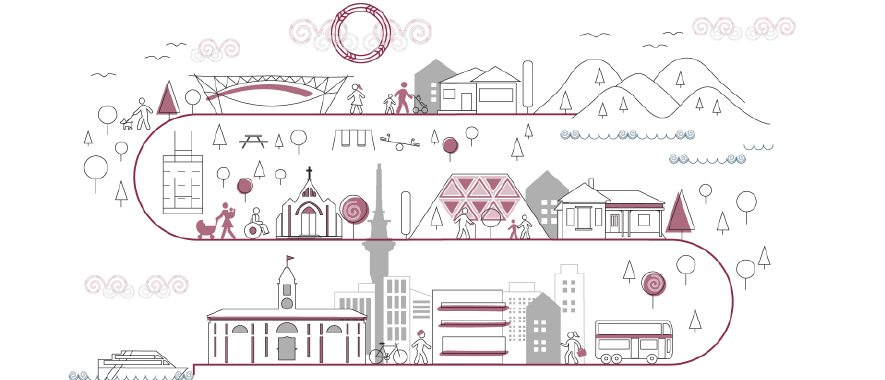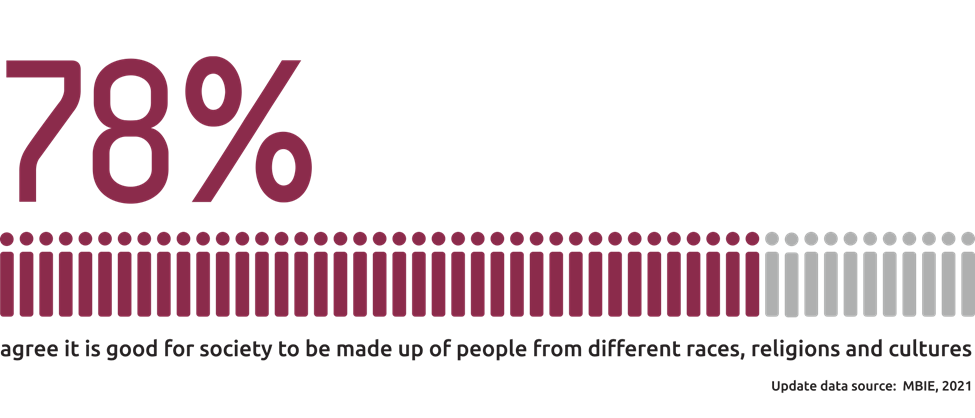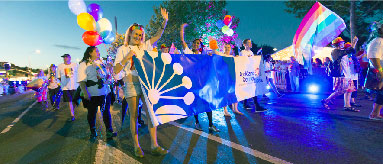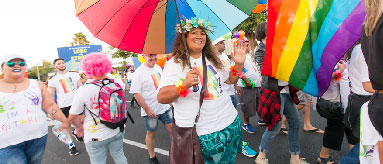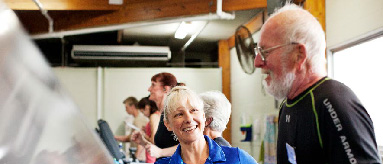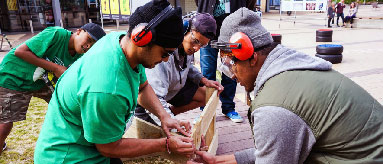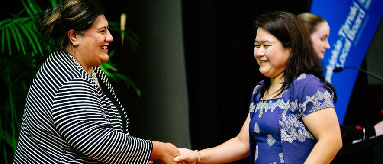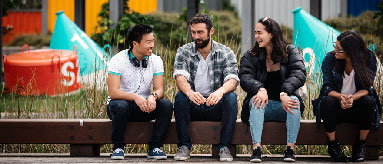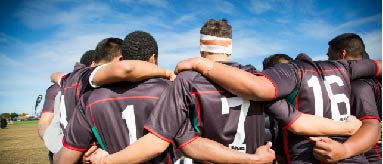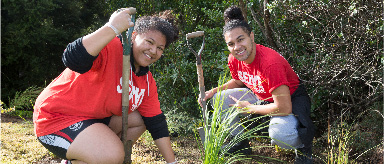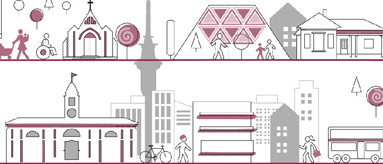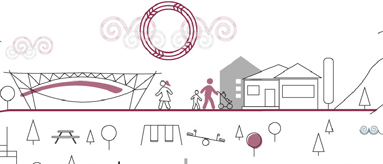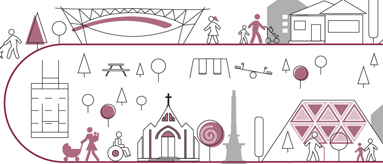Auckland is experiencing rapid growth and social change - and this will continue.
We have a diverse population in terms of:
- ethnicity and national origin
- culture, religion and lived experience
- socio-economic status
- gender
- gender identity
- sexual orientation
- disability
- age
- rural, island or urban location.
This diversity brings many differences in values and lifestyles, demands for goods and services, and expectations of civic engagement and democracy.
New Zealand legislation incorporates the principles of inclusion, anti-discrimination and human rights. However, discriminatory practices and prejudicial attitudes towards people continue to play out in every-day life and impact on emotional and mental health. Addressing racism and discrimination involves raising awareness. It is the responsibility of all Aucklanders to challenge prejudice and intolerance through our everyday actions.
We need to be proactive to ensure a sense of belonging and positive life experiences for all Aucklanders. We need to be open to learning about and valuing differences, and to understanding our shared and different histories.
This will lead to living together with greater acceptance, trust and mutual respect, and people working together to create a shared future.
Auckland will not be successful unless all Aucklanders feel they belong and can participate in society.
Celebrate Auckland's Māori identity
Te Tiriti o Waitangi/the Treaty of Waitangi is the foundation of an intercultural Auckland and recognises the special place of Māori Indigenous people of Aotearoa New Zealand. Māori incorporates mana whenua and mataawaka..
The history and culture of mana whenua Hapū and iwi with ancestral relationships to certain areas in Tāmaki Makaurau where they exercise customary authority. helped shape and define today's Auckland and is an important part of what it means to belong in Auckland.
Continuing to build on and celebrate Auckland's Māori identity recognises our history and underpins how we welcome people from diverse backgrounds and cultures.
Providing opportunities for mana whenua to develop and express Auckland's Māori identity and to share this with the people of Auckland, ensures mana whenua continue to have a strong presence in Tāmaki Makaurau The Māori name for Auckland. Translates to Tāmaki desired by many.. It also promotes wider understanding and strengthens our sense of belonging.
Recognise, value and celebrate our social and cultural differences
Auckland's identity continues to evolve. It is important that people are supported to maintain their cultural identities and traditions, and are provided with opportunities for cultural expression, in all their forms.
New Zealand has long-standing cultural, economic and political ties with South Pacific nations. Auckland's Pasifika population, Pacific languages and cultural practices and customs also contribute to making Auckland distinctive. Many other population groups make valuable contributions to life in Auckland.
Rapidly growing populations can strengthen social cohesion The willingness of members of society to cooperate with each other in order to survive and prosper. or undermine it, simply because of the pace of change.
Most New Zealanders (78 per cent) agree it is good for society to be made up of people from different races, religions, and cultures. The majority recognise that migrants make an important contribution to New Zealand's culture, society and the economy.

